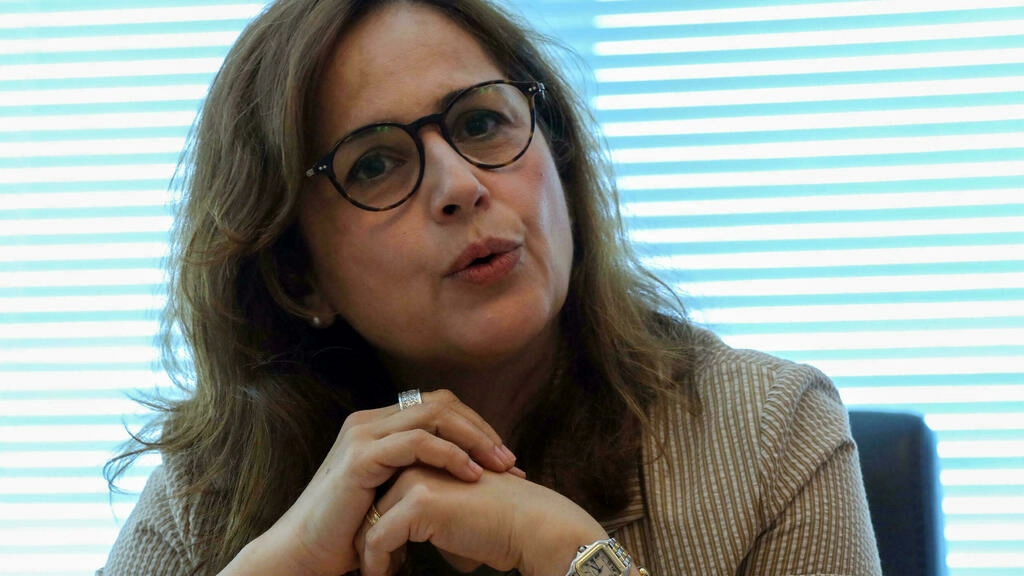Libya’s decade of violence has scarred not just the bodies but also the minds of many of its people, creating a mental health crisis the country is ill-equipped to handle.
Tripoli resident Mayada Mohamad was just 10 years old when protests broke out against dictator Moamer Kadhafi, quickly spiralling into an armed uprising that toppled him and flung the North African country into chaos.
In 2019, she quit high school because of yet another round of fighting.
Today she rarely goes outside.
“Leaving the house is really hard because as soon as I do I feel weak, my heart starts pounding, I get dizzy and I feel like I’m falling over,” she said.
The family home lies on the road between the capital and Tripoli airport, a key highway that has seen several major battles, most recently during eastern-based military chief Khalifa Haftar’s assault on Tripoli.
His year-long but ultimately failed offensive added to years of trauma for Mohamad and her brothers, aged 12 and 14.
“They’ve known nothing but war and the awful sound of gunfire, bullets and mortars flying over our house,” she said.
Wearing a tracksuit and with her hair in a bun, she sat in a bean bag and hugged a cushion.
“Libyan children are the victims of war,” she said, “but nobody hears their voices.”
‘Left to their fate’
Ali Miladi, an English teacher at a Tripoli high school, says that when he closes his eyes he still hears mortar fire and sees dead bodies.
The 44-year-old was a fighter in Misrata throughout a months-long siege of the city by Kadhafi’s forces in 2011.
Today, “it pains me to see children who have never known anything but war,” said the father of three.
“Sadly, Libya doesn’t have enough services to treat people suffering trauma from the fighting, so they’re left to their fate.”
Despite a year-long ceasefire and the installation of a unity government, security remains shaky across the country and localised violence is common.
The constant threat of further bloodshed makes it hard for people to move beyond their experiences, said clinical psychologist Malak Ben Giaber.
“When we talk about post-conflict trauma, it’s very difficult to define where the ‘post’ is,” she said.
“Where is the end of trauma? Is it when a peace agreement is signed? Is it when the guns fall silent?”
Like Miladi, she bemoans a critical lack of mental health services, which are beyond the means of most Libyans.
The war has crippled even basic medical services, and psychological support has taken a back seat.
Tripoli’s Al-Razi Hospital is the only state facility with a psychiatric service in the entire west and south of the country, meaning that for some patients, simply seeing a specialist or renewing a prescription involves hours on the road.
Taboos breaking down
Few reliable statistics exist on Libyans’ mental health, although the World Health Organization has reported that at least one in seven needs psychological support.
Speaking about mental health issues has long been taboo.
But Ben Giaber, the psychologist, said that has gradually changed with the arrival of satellite television in 2000, followed by social media.
“People now talk openly about not feeling okay, feeling worried or anxious,” she said.
“Words like ‘depression’ and ‘anxiety’ are more easily used.”
Nisreen Adham, a banker who became a holistic therapist, left Tripoli for the UK in 2014 during an earlier round of fighting.
She said it was two years before she could even begin to “unpack” her trauma.
“In Libya, these issues are compounded by the fact that it’s still a conflict or post-conflict zone, not the best place nor time to address issues of mental health,” she said.
“If you are daring enough to open up Pandora’s box, you’d better be ready for anything, not the type of action you would consider in the midst of a crisis.”
She said two years of intensive therapy and a professional re-training had allowed her to start healing.
“Doing that in a conflict environment is much more complicated,” she said.
Yet Libyans in the country today “cope like people do anywhere,” Ben Giaber said, adding that some even manage to “generate hope” despite daily hardships.
Miladi agreed.
“Some have found the strength to pull themselves out of the tunnel and to carry on despite their pain,” he said.

